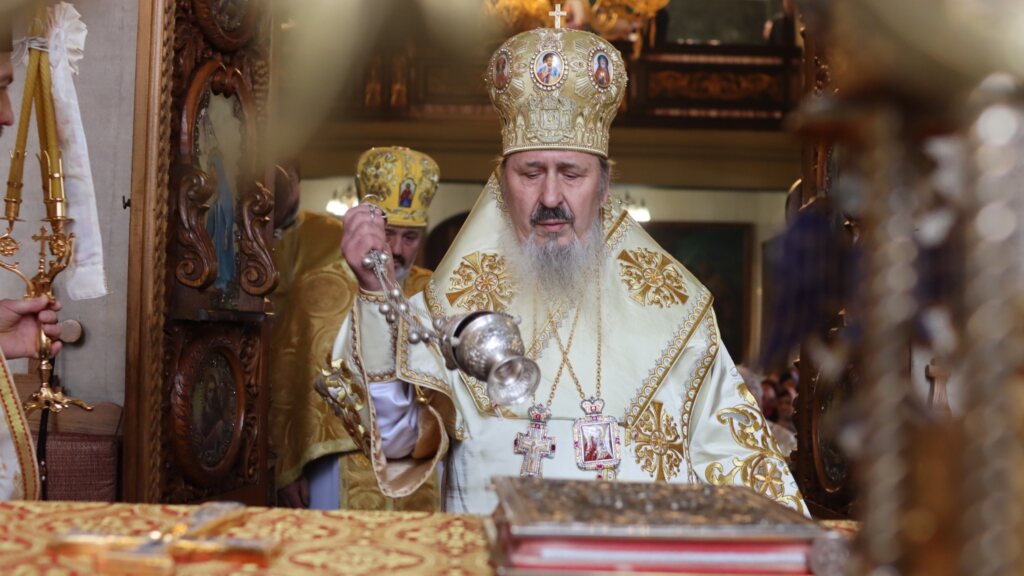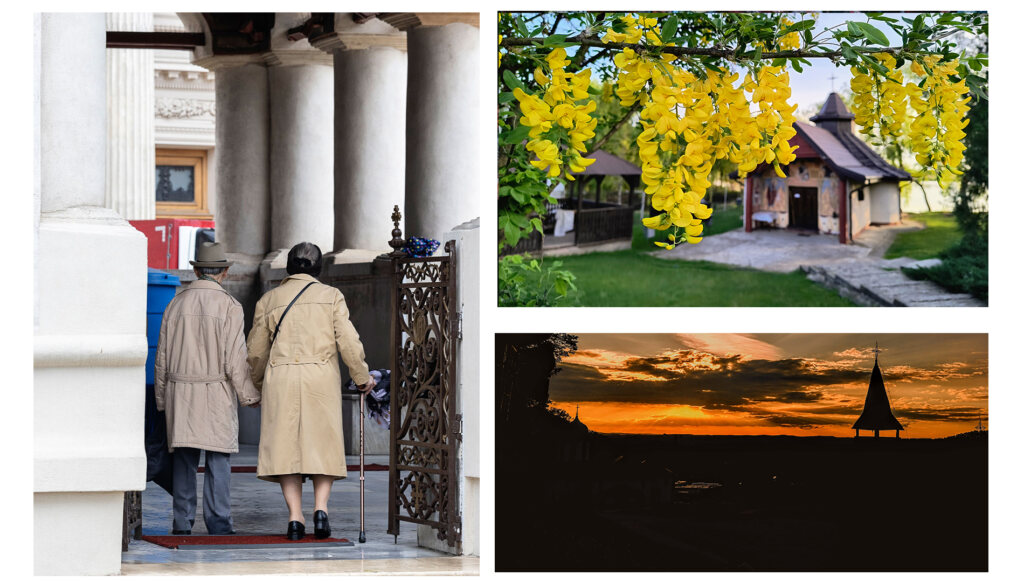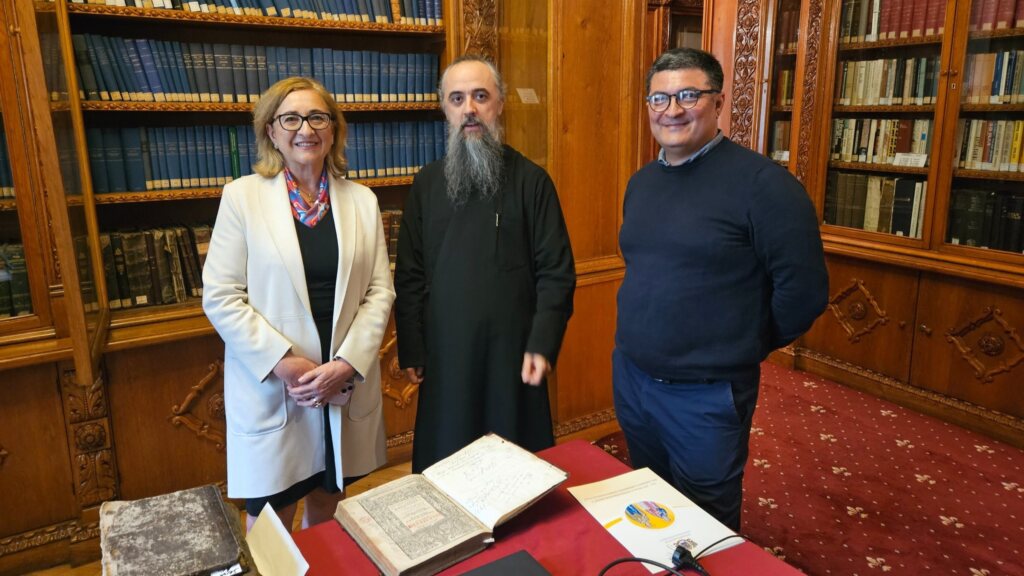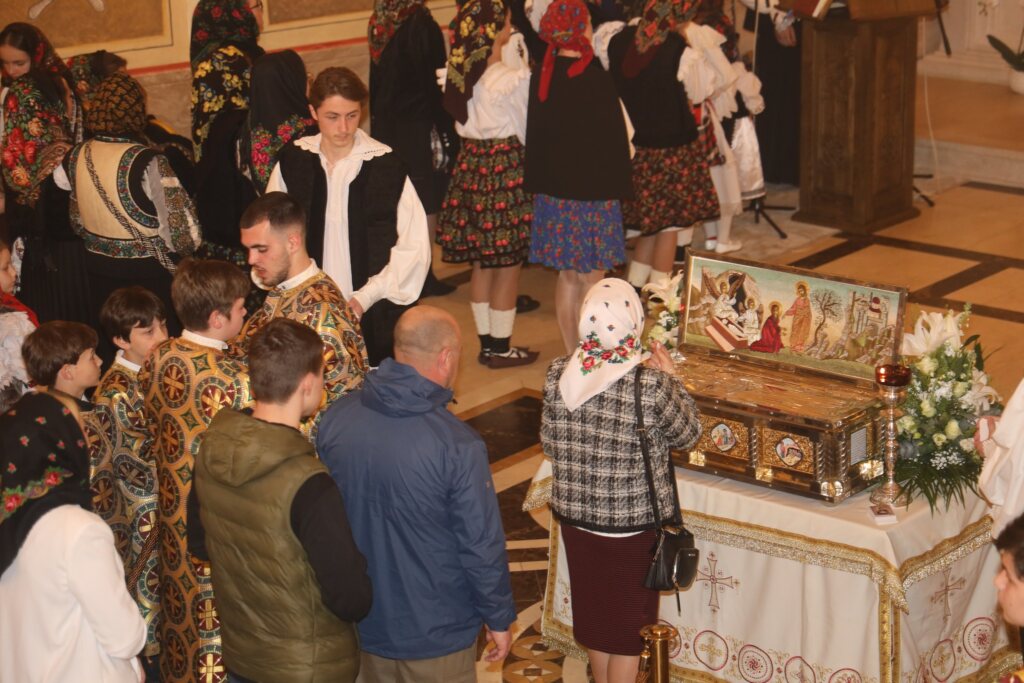World Radio Day 2021 (WRD 2021) celebrates radio as part of humanity’s history by following the various developments in our society and adapting its services.
As the world changes, so does radio. Thus, during the Covid-19 pandemic, radio made it possible, for example, to ensure continuity of learning, to fight against misinformation, and to promote barrier gestures.
“New World, New Radio” is, therefore, an ode to the resilience of radio. It is a tribute to its capacity for perpetual adaptation at the rate of societal transformations and listeners’ new needs. Accessible anywhere and anytime, radio reaches a broad audience. It presents itself as an arena where all voices can be expressed, represented, and heard hence why radio is still the most consumed medium worldwide today.
On the occasion of World Radio Day 2021 (WRD 2021), UNESCO calls on radio stations to celebrate this event’s 10th anniversary and the more than 110 years of radio through three sub-themes.
Evolution: The world changes, radio evolves – radio is resilient and sustainable;
Innovation: The world changes, radio adapts and innovates- radio adapts to new technologies and remains the go-to medium of mobility, accessible everywhere and to everyone;
Connection: The world changes, radio connects – radio services our society during natural disasters, socio-economic crises, epidemics, etc.
Proclaimed in 2011 by the Member States of UNESCO and adopted by the United Nations General Assembly in 2012 as an International Day, February 13 became World Radio Day (WRD).
Radio is a powerful medium for celebrating humanity in all its diversity and constitutes a platform for democratic discourse. At the global level, radio remains the most widely consumed medium. This unique ability to reach out the widest audience means radio can shape a society’s experience of diversity, stand as an arena for all voices to speak out, be represented and heard.
Radio stations should serve diverse communities, offering a wide variety of programs, viewpoints and content, and reflect the diversity of audiences in their organizations and operations.
Radio is a low-cost medium specifically suited to reaching remote communities and vulnerable people, offering a platform to intervene in the public debate, irrespective of people’s educational level. It also plays a crucial role in emergency communication and disaster relief.
Radio is uniquely positioned to bring communities together and foster positive dialogue for change. By listening to its audiences and responding to their needs, radio services provide the diversity of views and voices needed to address the challenges we all face.
Radio Trinitas
The Romanian Patriarchate has the own Radio station. The first radio broadcast took place on Good Friday in 1998.
92,7 FM frequency became Trinitas Radio in 1998 with their first radio studio being located at the 17th-century Golia Monastery in Iasi.
Shows are recorded in radio studios located in Bucharest, Iasi, Sibiu, and Craiova. As a department, the Radio station was established in 1996 at the initiative of His Beatitude Patriarch Daniel, who served at that time as Metropolitan of Moldavia and Bukovina.
The Trinitas Radio daily schedule includes divine services, religious programs, news briefings, Orthodox Christian music, talk programming covering religious, social, psychological topics. The Radio station’s name Trinitas is the Latin for Trinity.
Tr by UN
Photography courtesy of pexels.com






